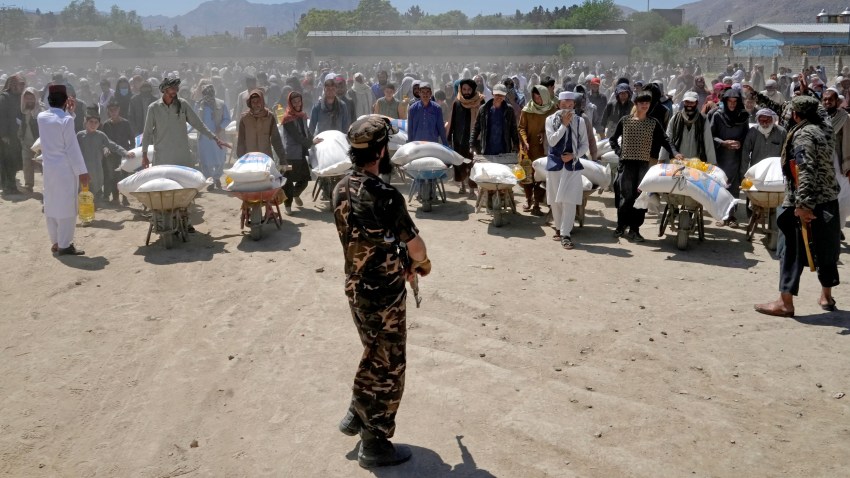The Wagner Group’s headline-making activity in Ukraine and recent attempted rebellion in Russia has brought renewed attention to the role of private military and security companies, or PMSCs, in contemporary conflicts. One under-explored facet of the rise of PMSCs is the effect of their proliferation on the delivery of humanitarian aid.
Negotiations with armed actors are often a critical part of providing aid in conflict-affected contexts. Engagement with state actors is standard practice, and there is some guidance, albeit imperfect, for humanitarian and aid workers on how to engage with nonstate armed groups, or NSAGs. But engaging with PMSCs is relatively new territory. Further adding to this difficulty is the fact that PMSCs come in varying forms and work for various clients, including governments, private businesses and even rebels or nongovernmental organizations.
The aid industry should acknowledge the challenge posed by the rise of PMSCs and their varied mandates. Its experience negotiating with NSAGs offers some guidance, while also highlighting new issues that must be addressed.

